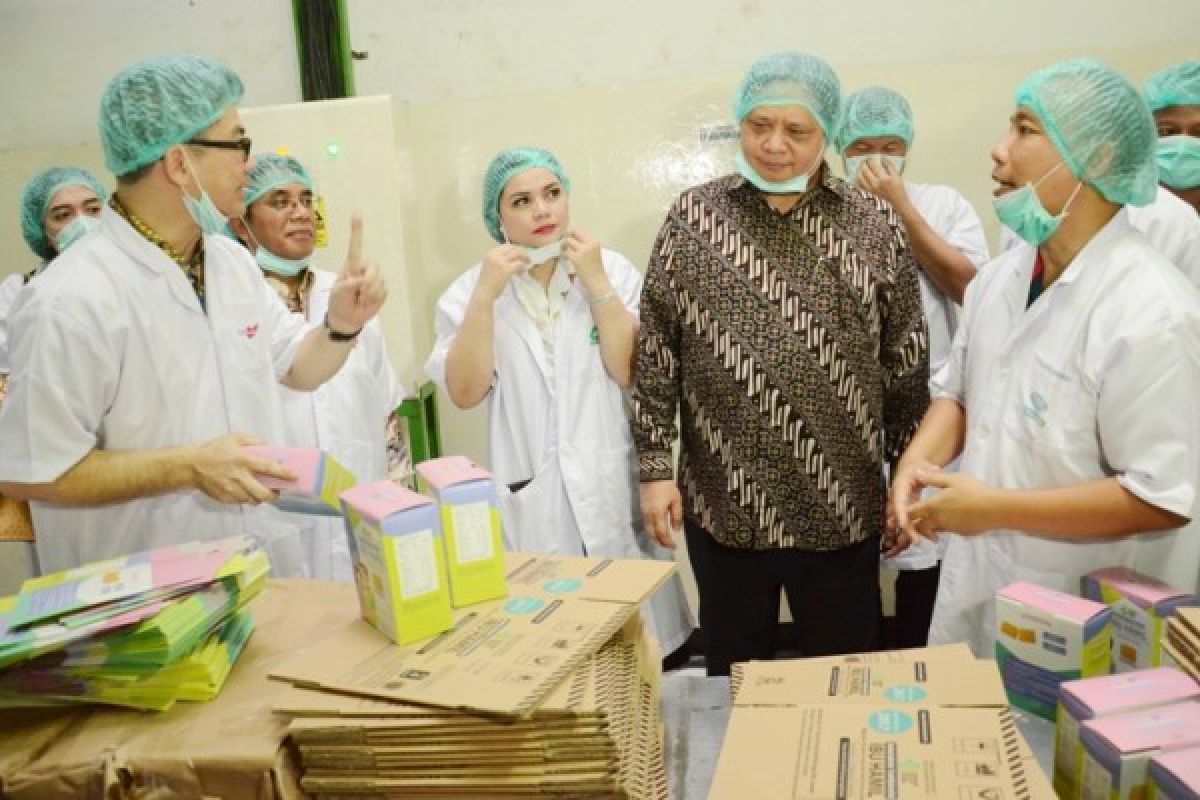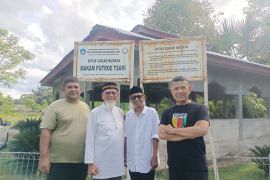"The choice on food and beverage sector is based on the big contribution of the sector to the country`s economy," head of the Research and Development Body of the Industry Ministry Ngakan Timur Antara said here on Wednesday.
In addition a number of food and beverage factories in Indonesia already applied Industry 4.0 technology in their manufacturing process, Ngakan said.
"Therefore, it would be easier in the implementation and development in the Innovation Center," he said.
Based on data at the Industry Ministry in 2017, food and beverage industry contribute more than 1/3 or 33.34 percent to the total value of the country`s Gross Domestic Product (GDP) in the non-oil/gas sector. In addition implementation of domestic investment in the sector reached Rp38.54 trillion and foreign investment US$1.97 billion.
Therefore, it is expected that implementation of Industry 4.0 could better improve performance and increase competitiveness of the food and beverage industry.
"As an early initiation, the opening of PIMM would be limited only to manufacturing phase but would be expanded in the following phase to the upstream sector (on farm)," Ngakan said.
The components to be developed in the innovation center include models of factory, mobile labs, censors, capacity building, assessment, bench marking, and access to technology.
Later, all factories could consul on anything about application of Industry 4.0 in the Center, Ngakan said.
He said PIMM is expected provide positive impact needed in facing the national economic challenges such as in strengthening the capacity of micro and small medium enterprises (UMKM), in facilitating connection between technology providers and industrial players, improving the capacity of human resources, and to play the role of model of manufacturer.
The Innovation Center will cooperate with the Agro Industrial Center (Balai Besar Industri Agro) in Bogor, West Java.
Reporter: Sella Panduarsa Gareta
Editor: Bustanuddin
Copyright © ANTARA 2018












